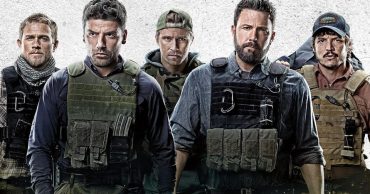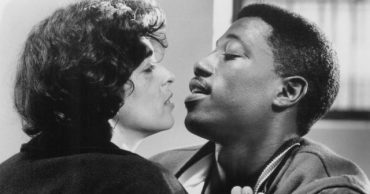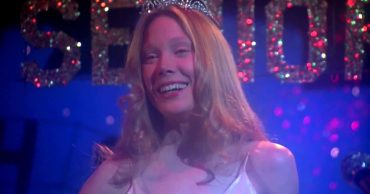Sometimes an old-fashioned, Nazi-killing romp is just what the movies need. And that’s precisely what The Ministry of Ungentlemanly Warfare brings to the cinema. The film, very loosely based on the real-life exploits of World War II British special operators, avoids politics in favor of humor, action, and plenty of Nazi-centric violence.

The storyline focuses on Operation Postmaster, a scheme to undermine the Nazi U-boat menace by interdicting some of their critical supplies. The ragtag group of early British Special Operations Executive (SOE) disrupts German supply lines by targeting a key Italian tanker in the neutral Spanish port of Fernando Po.
The plot takes liberties with historical facts — the zero death toll of the real Operation Postmaster becomes scores of Nazi killings in the movie. However, this alteration keeps the film moving at a highly enjoyable pace.
An Ensemble Cast Leads Guy Ritchies New Film
The film stars Henry Cavill as the semi-disgraced Major Gus March-Phillipps, potentially one of the inspirations behind James Bond. His team includes Captain Geoffrey Appleyard (Alex Pettyfer), Danish commando Anders Lassen (Alan Ritchson), March-Phillipps’ Irish protégé Henry Hayes (Hero Fiennes Tiffin), and demolitions expert Freddy Alvarez (Henry Golding).

Together, they undertake a dangerous, unofficial mission unsanctioned by the British government due to its violation of Spanish neutrality. This makes them expendable but also proficient in irregular warfare, similar to a World War II Suicide Squad.
A Refreshingly Lighthearted Yet Violent War Picture
In a throwback to ’90s and aughts war films, The Ministry of Ungentlemanly Warfare doesn’t take itself too seriously despite being set in wartime. Guy Ritchie’s distinctive directorial style brings a unique blend of fast-paced narrative, sharp dialogue, and a mix of comedy and action to the film.

The film is staunchly pro-British and anti-Nazi, presenting its protagonist antiheroes as justified in their bloodlust toward their foes. The main German villain Heinrich Luhr, portrayed by Til Schweiger, is characterized as an outright evil antisemite who tortures and kills local women.

This non-humanized depiction makes for entertaining viewing without delving into complex moral ambiguities often found in modern war movies like All Quiet on the Western Front
or Napoleon
.
Diversified Cast Without Modern Overtones
Interestingly, The Ministry of Ungentlemanly Warfare navigates modern diversity narratives without leaning into overt messaging. Characters include a variety of skilled individuals such as Heron (Babs Olusanmokun), a British special agent, and Kambili Kalu (Danny Sapani), who leads a small army in West Africa.

As expected from Guy Ritchie’s work, this film integrates these diverse characters seamlessly into its plot while preserving historical context.
A Return To More Innocent Times In Filmmaking
Ritchie’s stylish direction brings visual flair to The Ministry of Ungentlemanly Warfare, making use of vibrant settings and excellently choreographed action sequences. His famed witty banter enhances both tension and entertainment throughout.

No doubt audiences will appreciate this return to earlier cinematic sensibilities where heroes unambiguously battle evildoers. As we find ourselves amidst overly serious and morally complex war stories today, Ritchie’s film stands out by embracing simpler storytelling with high stakes and explosive scenes.
 Follow Us
Follow Us




